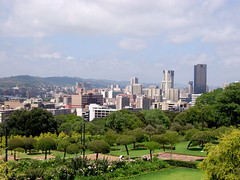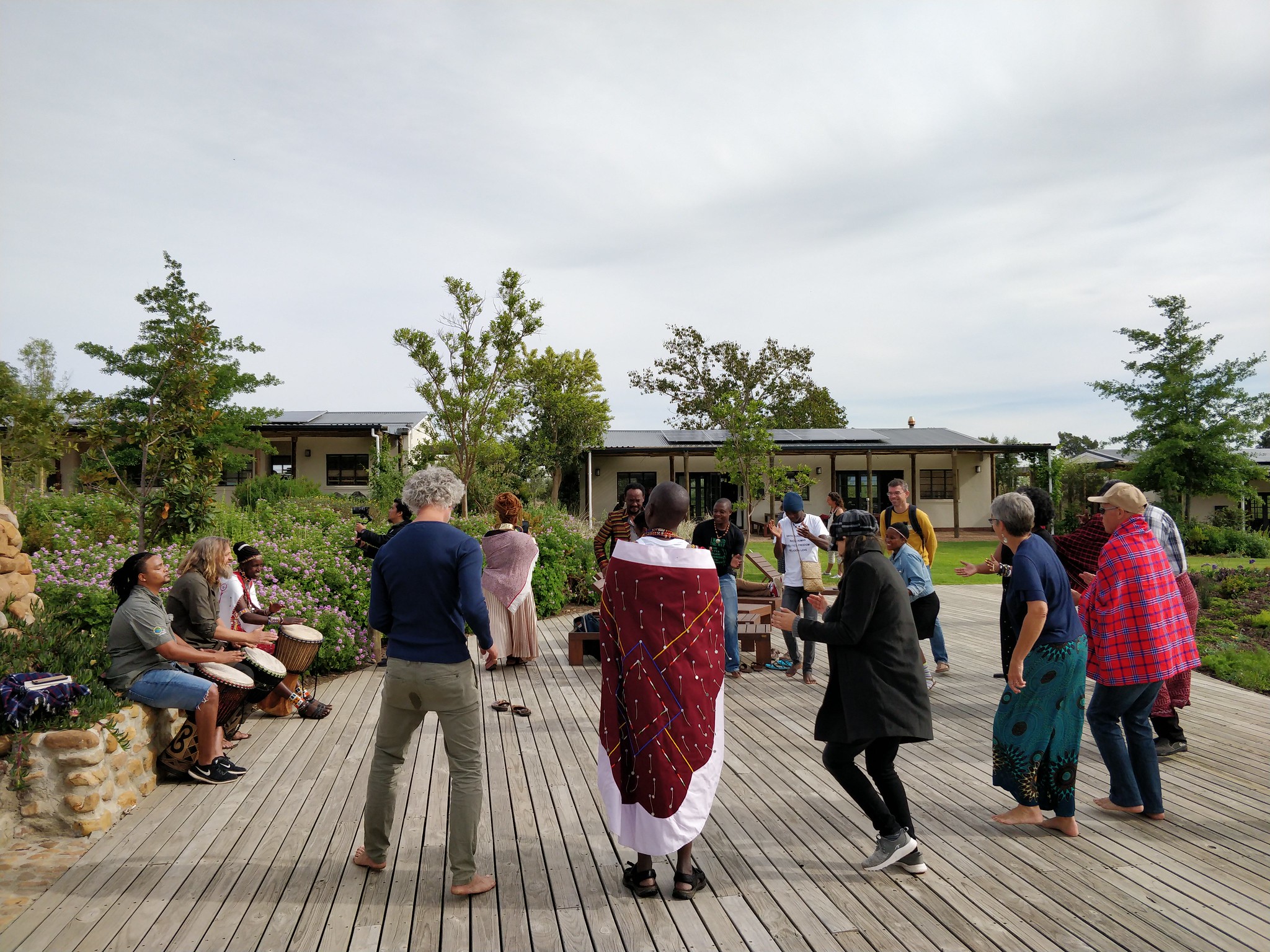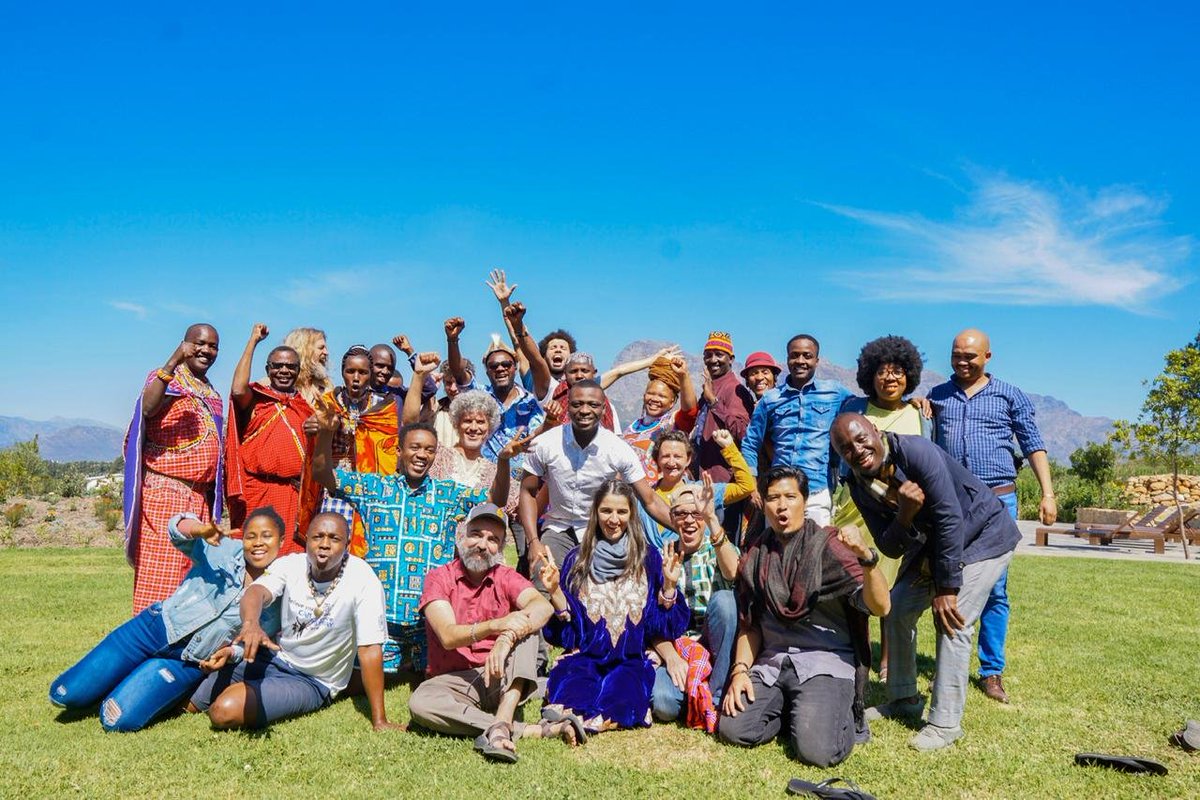 The plane ride from Amsterdam to Vienna is more of hop than a flight. You’re up, you get a drink and a snack, you look out the window – you’re there. Yet even in that short time, I found myself engaged in a thought provoking conversation last week on the plane, with a young South African sitting to my left.
The plane ride from Amsterdam to Vienna is more of hop than a flight. You’re up, you get a drink and a snack, you look out the window – you’re there. Yet even in that short time, I found myself engaged in a thought provoking conversation last week on the plane, with a young South African sitting to my left.
What particularly sparks my attention are the details that, even as a socially conscious and worldly journalist, I have missed over the years. One that will not come as a surprise to most of you as it has been true for several years now, they renamed Pretoria – a fact I was not aware of. Though the complete name change is still being discussed in some levels of government in South Africa, my new friend informed me that in her home town now known as Tshwane, most signs and official markers have all been changed already.
I didn’t have to ask her why they changed it. Thinking about it for a moment I realized the name Pretoria, even for me an outsider, makes me think of the apartheid era. Specifically I always loved the film Biko, about Stephen Biko’s life, and the depictions of police and Pretoria from that film are indeed prevalent in my head. Beyond that, when I think of former Portuguese colonies like Luanda in Angola (formerly Nova Lisboa) and Maputo in Mozambique (formerly Lourenço Marques), I understand the concept in the context of breaking with traditions and gruesome reminders from colonial times. So although I hadn’t heard Pretoria was renamed, I immediately did the math in my head and understood what was happening.
It was my seat companion that brought up the issue that inspired this post, when she expressed great frustration at the renaming. Not because she had some deep seated love for the name Pretoria or for the Apartheid era, but because for this young South African of Afrikaner decent (if I may add with no disrespect intended), the time, energy, and resources dedicated to the process of renaming cities like Pretoria could have better improved the nation by helping to address poverty and the needs of the most vulnerable people of the nation. Instead they spend huge sums of money and hold endless discussions, all to change a name of a city.
Looking back and forth between this very articulate person and the clouds outside, I was reminded of that great scene in Clint Eastwood’s Film Invictus (about Mandela’s intial time as the new president of South Africa and the end of apartheid). In this specific scene there is a meeting of the new sports commission about changing the colors and name of the South African rugby team. Rugby having been the sport synonymous with those in power during apartheid. Without going into the extended version of what happened, nor to ruin a powerful scene in the film, just as the new commission is going to approve of a motion to change the name and change the colors of a team that was so important to many white South Africans, Mandela begged them not to. He felt rugby could be changed from a symbol of division to a symbol of unity.
Mandela has been out of the presidency for a long time and I haven’t read his comments about the Pretoria name change. Maybe it isn’t fair to compare them and indeed the name should go away like Salisbury in Zimbabwe and Leopoldville in Congo. Or maybe the creative and unifying spirit that Mandela brought is gone now, and his fear of people playing politics with symbols and names has come true.



 Last month there was a
Last month there was a  The plane ride from Amsterdam to Vienna is more of hop than a flight. You’re up, you get a drink and a snack, you look out the window – you’re there. Yet even in that short time, I found myself engaged in a thought provoking conversation last week on the plane, with a young South African sitting to my left.
The plane ride from Amsterdam to Vienna is more of hop than a flight. You’re up, you get a drink and a snack, you look out the window – you’re there. Yet even in that short time, I found myself engaged in a thought provoking conversation last week on the plane, with a young South African sitting to my left.